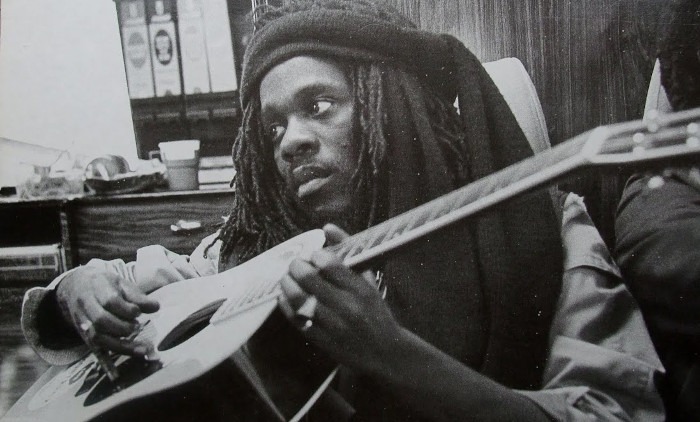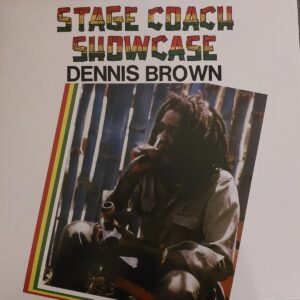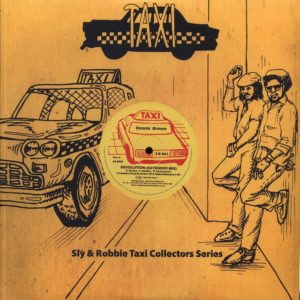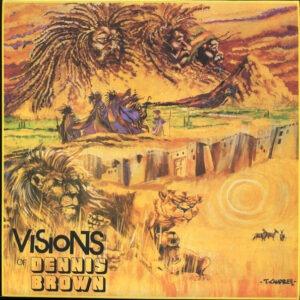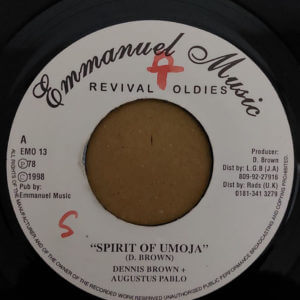Dennis Emmanuel Brown was born in Kingston, Jamaica, on February 1, 1957. His father, Arthur Brown, was a prominent Jamaican actor, while his brother Basil was a popular radio personality when Dennis was a child.
Surrounded by art and music, Dennis Brown started singing at school early. Byron Lee soon discovered him, booking ‘Little Dennis Brown’ for a series of shows where he shared the stage with various US and Jamaican stars. Shortly after, Brown was noticed by legendary producer Clement Coxsone Dodd of Studio One Records.
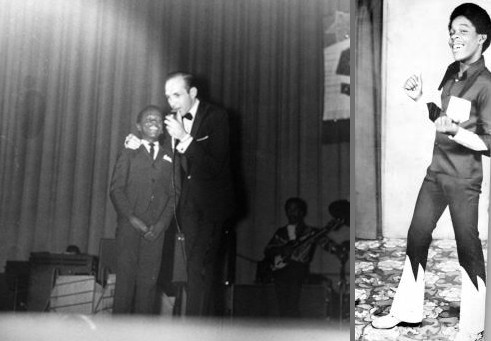
At Studio One, Dennis Brown recorded “No Man Is an Island”, a song that became a hit in Jamaica and established him as a “boy wonder-singing sensation” by age 12. In the early 1970s, Dennis Brown made the most out of his time at Studio One, as he recounted:
“I was always with singers like Horace Andy, Errol Dunkley, the Heptones and Delroy Wilson. But it was Alton Ellis who taught me how to play the guitar. He was the first one who told me that I should learn to play an instrument because it would assist me in getting my music together more. It was he who inspired me to summon up the courage to ask Dodd for a guitar. Alton was the one who showed me the very first chords. We used to be together, sing together, especially me and the Heptones, we all learned harmony together. They taught me a lot too where music is concerned. All of them encouraged me a great deal.” (source: Trojan Records)
In 1972, Studio One released two of Dennis Brown’s albums, “No Man Is An Island” and “If I Follow My Heart”, which sold well. Greater success would arrive the following year with the album “Super Reggae And Soul Hits” with producer Derrick Harriott.
Dennis Brown obtained international recognition with the release of the exceptional “Visions” LP with Joe Gibbs and ground-breaking songs like “Westbound Train”, “Cassandra”, “Africa”, and his signature tune “Here I Come” while working with Niney “the Observer” Holness. He would conquer British charts with songs like “Cup of Tea”, “Slave Driver” and “Money in My Pocket”.
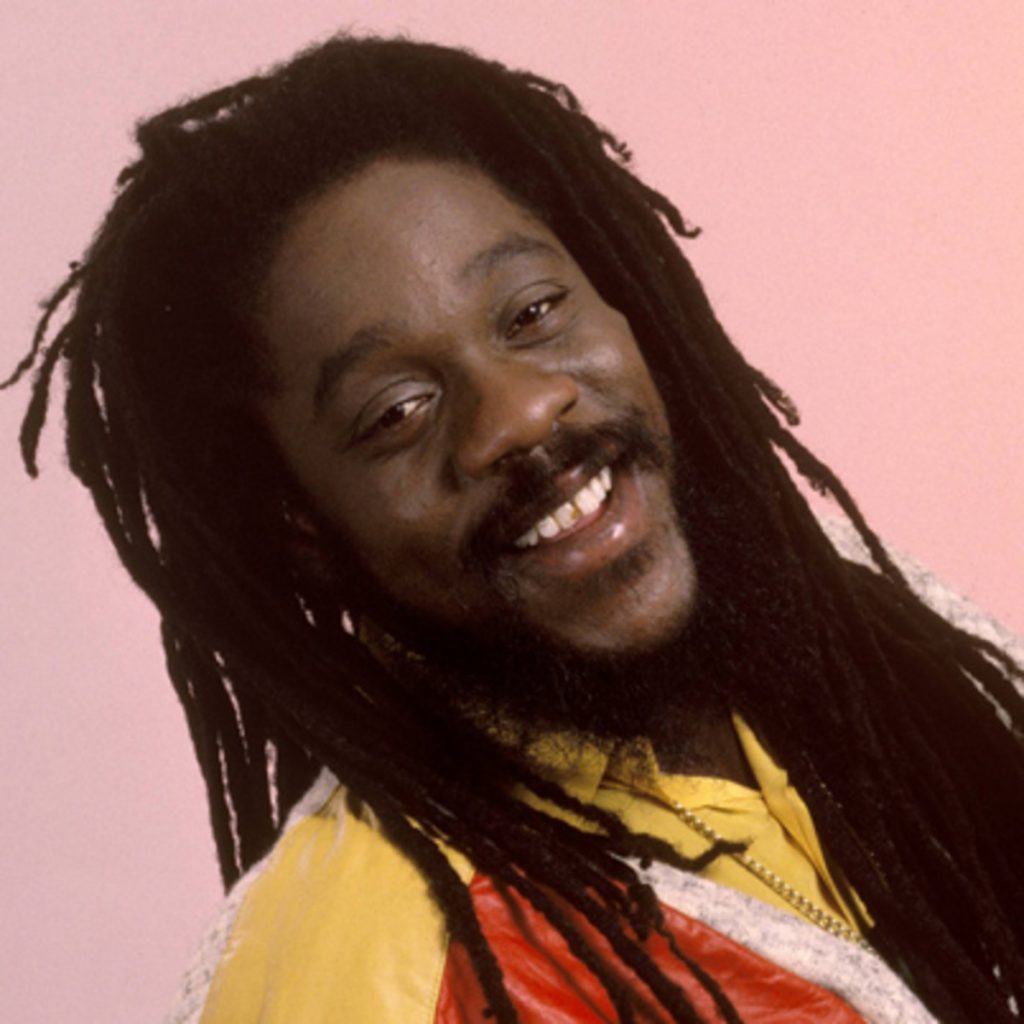
Fans adored Brown’s voice and catchy but smooth rhythms, and producers appreciated his talent for adapting to each new musical style that came. This resulted in at least 78 albums for 37 record labels in his 30-year career. It is said that Bob Marley himself dubbed Dennis Brown “The Crown Prince of Reggae”, a nickname that stuck in the years following Marley’s death in 1981.
That same year, Dennis Brown released his biggest hit of the 1980s, “Revolution”, accompanied by one of Sly & Robbie‘s most sought-after dub versions.
Dennis Brown became the image of a generation as he delivered messages of happiness, romance, peace, and even some nostalgia in his lyrics. During the 1980s and 1990s, he consistently took the stage at the Reggae Sunsplash Festival in Montego Bay.
During the late 1990s, Brown’s health started to decline. In the spring of 1999, he experienced respiratory problems while touring Brazil with Gregory Isaacs, Max Romeo and Lloyd Parks, likely worsened by persistent issues related to cocaine addiction. He passed away in Kingston on July 1. 1999, and the official cause of death was attributed to a collapsed lung.
In 2011, Dennis Brown was posthumously awarded the Order of Distinction in the rank of Commander (CD) for his contribution to the Jamaican music industry.
Sources:
Biography by Laurence Cane-Honeysett @ Trojan Records
National Library of Jamaica
Photos from: jamaicans.com, jamaica-gleaner.com, pinterest, repeatingislands.com

